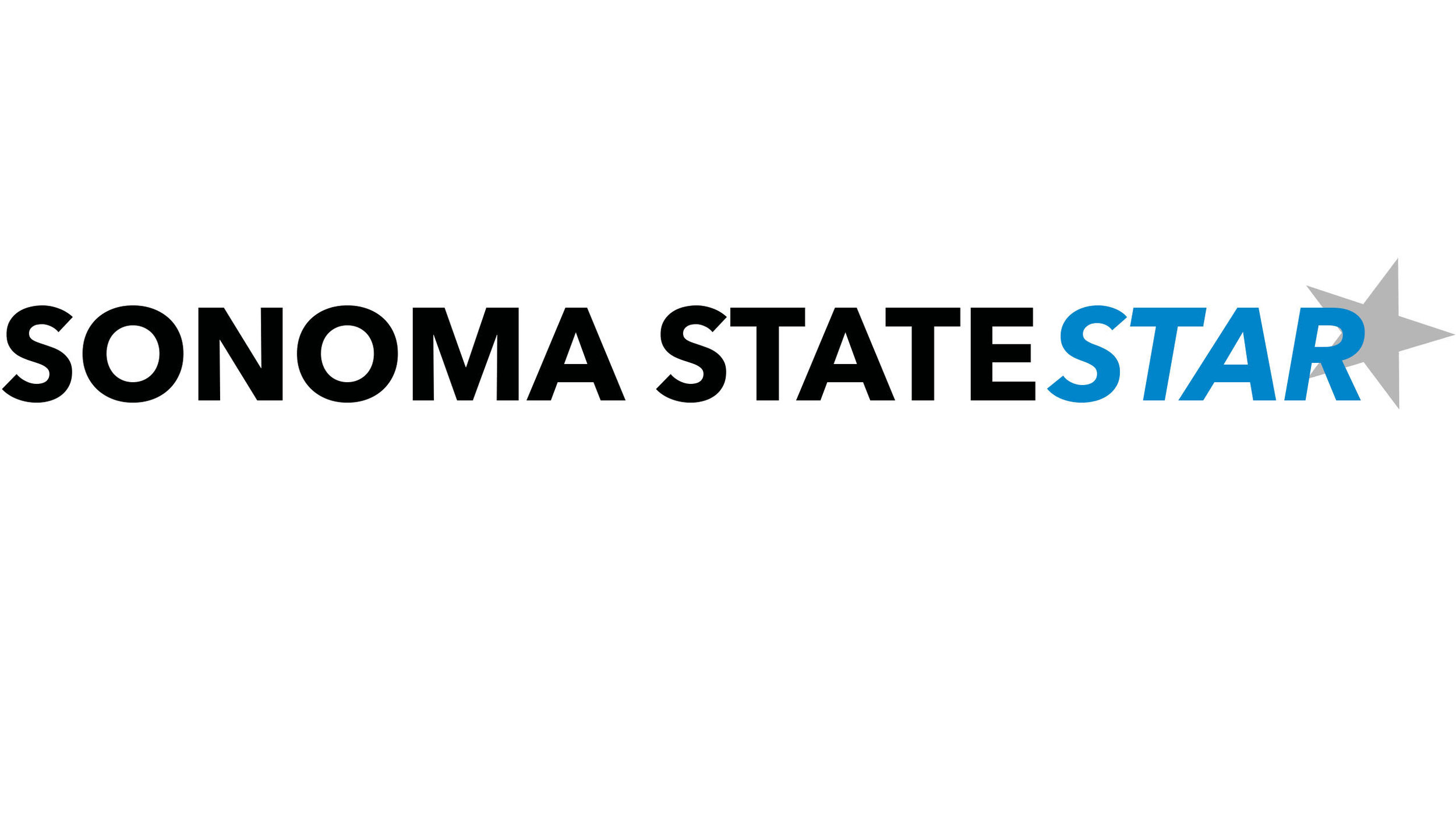Restrict act could jeopardize TikTok and much more
/Does the government need to be focusing on how to ban TikTok when many of those concerned with it are farther removed from technology than some Sonoma State students’ parents?
Bill S.686 is known as the Restrict Act or the “TikTok Ban Bill.” This bill seems to be centered around TikTok’s parent company ByteDance, the Chinese technology firm that owns the app. However, it is about more than just TikTok, this is about the government wanting unlimited access to people’s devices and appliances whenever they want, based on what actions are deemed “threatening.”
In a poll conducted on the STAR’s Instagram account, students were asked if they supported the RESTRICT act or not. 72 votes, about 84% of the responses, were in disagreement with the bill, while 16%, were in agreement.
The bill to ban TikTok is not only nonsense, but it is also terrifying. The bill covers hardware tech like modems, routers, home cameras and virtual technology like VPNs and bans them if they’re manufactured by whatever the nation considers being a “foreign adversary.” This bill also makes it a criminal act to use things like VPNs to access banned apps, like TikTok, to which one can be given 20 years of imprisonment and a fine of at least $250,000. On top of this, it allows the federal government to monitor activity on any of the devices listed, virtual or not. In other words, the government is allowed to monitor what you do in your home 24/7 without letting you know. This includes almost any internet device like video games, computer webcams, ring and home cameras, etc.
In a recent hearing, TikTok CEO, Shou Zi Chew, and his team were questioned by U.S. lawmakers. Most of the people in congressional positions are so out of touch with the current state of technology, that it doesn’t even make sense for them to be the ones asking questions regarding technological security.
For example, Congressman Richard Hudson of North Carolina asked the question, “Does TikTok access the home WiFi network… therefore letting it connect to other devices?” It’s unclear as to what is being asked in this question other than if TikTok uses the WiFi if accessible, which of course it would have to in order for the app to work.
When asked about the bill, Sonoma State student Devin Schulte said, “The older politicians who are trying to control and centralize the media by censoring it is outrageous… There’s so much going on in the world right now, and most of the political output is centered on trying to gain control of the youth and the youth’s opinion, but the thing is, they don’t understand the youth.”
Project Texas is TikTok’s plan to not get banned. Specifically, it would change TikTok in a way that allows the company to store U.S. user data under an American company, Oracle, which is based out of Austin, TX. Project Texas would act as a firewall, making sure that the Chinese government wouldn’t be able to access U.S. user data. The concern with another data breach event similar to what happened with Cambridge Analytica in March of 2018 is understandable. Data leaks can be catastrophic, however, if Project Texas is successful, there is no chance TikTok could make U.S. user data available to the Chinese Communist Party. It’s unlikely that the CCP is going to do anything with any user data, but it’s not impossible. The government is concerned with this makes sense, however, the way congress goes about discussing current technology is inaccurate and is nonsensical.


